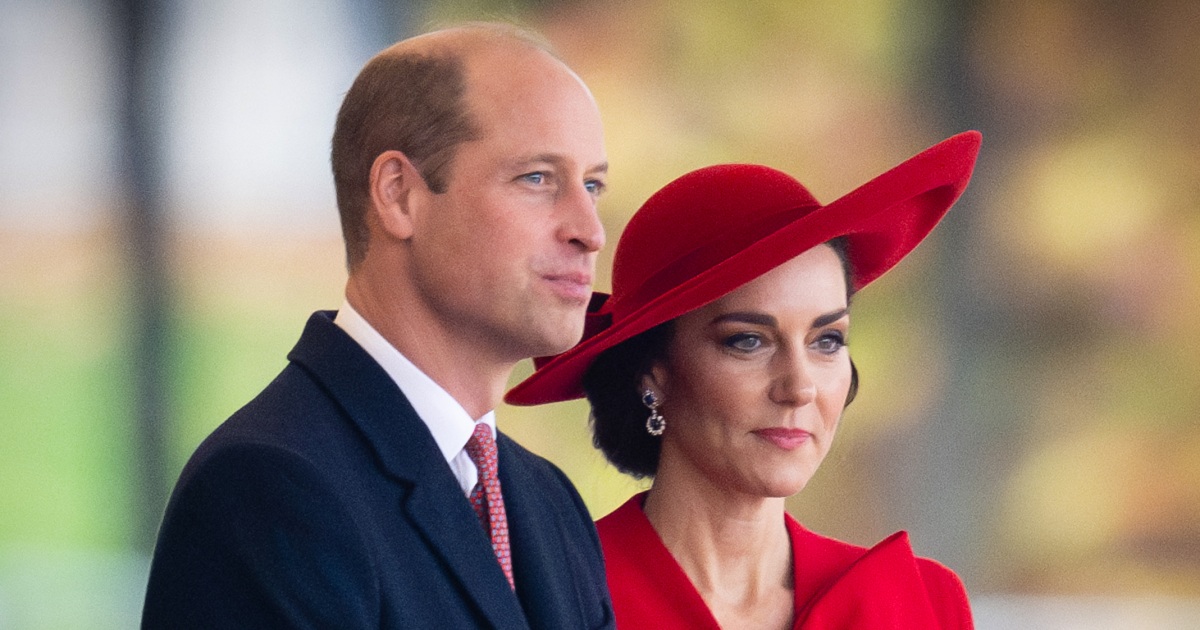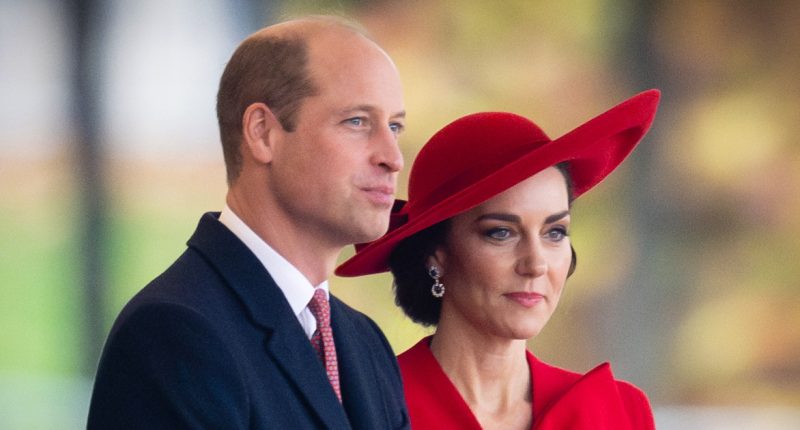
For weeks, hundreds of people online have spread conspiracy theories, posted memes and cracked jokes in an attempt to answer one question: Where is Kate Middleton, the Princess of Wales?
Kensington Palace repeatedly said that Kate was recovering from a planned January abdominal surgery. Still, official responses, as well as an edited image posted to the palace’s social media channels, only fueled more unsubstantiated rumors.
But many people who had partaken in the online frenzy found themselves expressing regret after the princess broke her silence on Friday. In a video message to the public, the 42-year-old wife of Prince William, Britain’s future king, announced she was diagnosed with cancer and is undergoing chemotherapy.
Actress Blake Lively was among the first to make a statement online apologizing for her now-deleted Instagram post, a Photoshop joke inspired by the manipulated Mother’s Day photo released by Kensington Palace.
“I’m sure no one cares today but I feel like I have to acknowledge this,” Lively wrote in an Instagram story. “I made a silly post around the ‘photoshop fails’ frenzy, and oh man, that post has me mortified today. I’m sorry.”
That sentiment dominated much of the reaction on social media, where users said they wished they hadn’t poked fun at the princess.
“Yeah i definitely feel bad about laughing at all the ‘KateGate’ memes. wishing her a speedy recovery,” wrote SaintHoax, an influencer who has amassed a following of 3.4 million on Instagram, where they post memes related to current events.
The fervor around Kate’s whereabouts — and subsequent online remorse — has underscored a pattern in which the absence of information provides perfect fodder for creators chasing relevance on algorithm-driven social media platforms.
“Everybody’s trying to jump in to get a piece of the viral pie, so to speak,” said Jessica Maddox, an assistant professor of digital media technology at the University of Alabama. “When we look at the intersection of conspiracy theories and social media, particularly content creators, everybody wants to have the hottest take, especially when information isn’t known.”
But Maddox said she hasn’t seen such remorse before in any online conspiracy culture. Usually when internet sleuths are proven wrong, she said, they double down by shifting the goalposts to further deny new evidence and justify their actions.
Many online said Kate’s news also serves as a reminder to stop making assumptions about people’s personal lives.
It’s a sentiment that’s popped up online before, particularly when celebrities and public figures are overly scrutinized or become the subject of unsupported claims by their followers.
Some fans of actor Chadwick Boseman expressed similar regret about commenting on his weight loss when it was revealed after his death that he had been quietly battling colon cancer for years. In April 2023, pop star Ariana Grande spoke out about thepublic’s “concerns”about her body, saying “you never know what someone is going through.”
The Kate news has also highlighted the tension between the public’s desire to know every detail about the royal family and the royals’ desire to keep their health struggles private. The princess’ father-in-law, King Charles III, was diagnosed with cancer earlier this year. Charles has canceled public engagements while he receives treatment.
Reshma Saujani, CEO of nonprofit Girls Who Code, which empowers and equips young girls to pursue careers in STEM, said she felt “disgusted with the internet” when she heard about Kate’s news.
“Disgusted with the internet and even disgusted with myself because I fell into the trap,” Saujani wrote in an Instagram post. “This is a classic example of what we do to women, of how when a woman takes time to prioritize her health and take care of her family, we second guess it to the point of coming up with conspiracy theories to explain her self care.”
With Kate’s news now public, Jessica Myrick, a Pennsylvania State University professor who studies the psychology of media use, suggested that the online chatter surrounding Kate may wind down.
But, Myrick doesn’t think that social media users will stop creating conspiracy theories online in general, despite expressing some remorse over the Kate news.
“There are not a lot of consequences for sharing memes on social media, and if anything, the likes that people got, the laughs, the comments … that’s probably reinforcing and will probably mean we’ll do it all again,” Myrick said.
In her message on Friday, Kate asked people to respect the family’s privacy.
“We hope that you will understand that, as a family, we now need some time, space and privacy while I complete my treatment,” she said. “My work has always brought me a deep sense of joy and I look forward to being back when I am able, but for now I must focus on making a full recovery.”
Source: | This article originally belongs to Nbcnews.com









